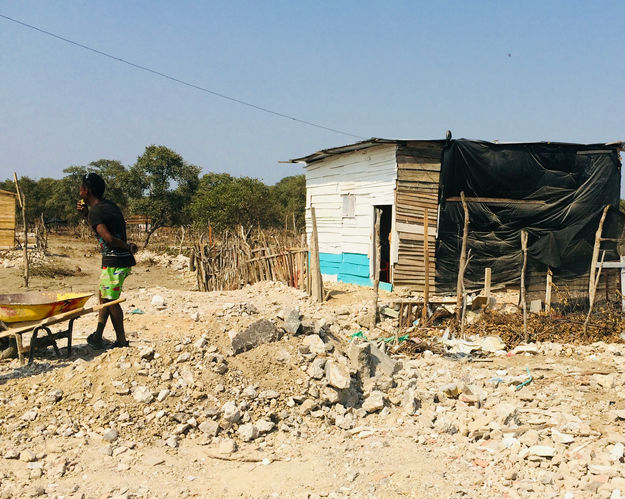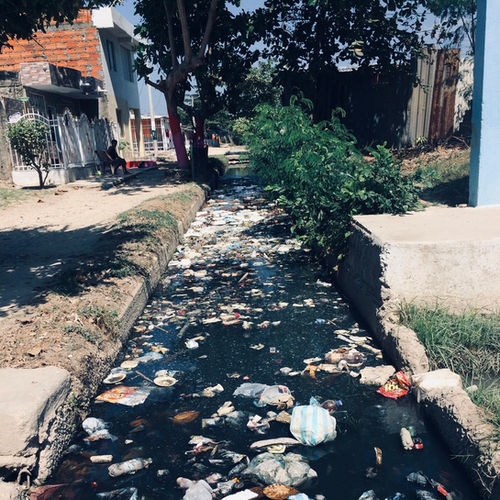Laura Neville
Laura Neville

Waste placemaking
Waste placemaking
Drawing on multi-sited ethnographic work carried out between 2017 and 2023 in Cartagena for my doctoral research (University of Lausanne), the project examines the lived experiences, mundane negotiations and bodily politics with waste shaped by historical inequalities, structures of power and hierarchies of gender, race, and class in Cartagena, Colombia in and through which urban disposabilities are produced, contested and disrupted.
My dissertation examines how everyday bodily experiences with waste and infrastructures of disposability become constitutive of contentious relational politics of placemaking and differing forms of urban belonging as residents in urban contexts contend with ever-evolving waste challenges. Through ethnographic research, it weaves together the multivocal and multi-level stories and everyday embodied experiences of socially differentiated urban residents - women, men, poor, lower middle-income, wealthy, Afro-Colombian, white/mestizo, internally displaced, waste pickers, domestic workers - with and through waste to make subtle claims on the city. It combines feminist urban political ecology, Black Geographies, and decolonial Latin American theory to show the centrality of intersectional waste politics to understanding the inherent plurality of relational politics of place-making in the context of the unfolding climate crisis.
In an article in Social and Cultural Geography, I examine the production of struggles over urban space in one of Cartagena’s expanding self-built settlements, inhabited by Afrodescendants and internally displaced people, under everyday conditions of disposability and waste toxicity. I highlight the intimate link between the material and social production of Black placemaking and embodied experiences of toxicities in Cartagena.
I also engaged in debates on more inclusive and sustainable urban futures, circular economies and inclusive recycling by advancing a feminist approach to the labour of waste pickers. Through interdisciplinary collaborations, my reserach traced the continuities of recyclers’ formalisation in Cartagena with historical processes of marginalisation and new forms of disposession.







